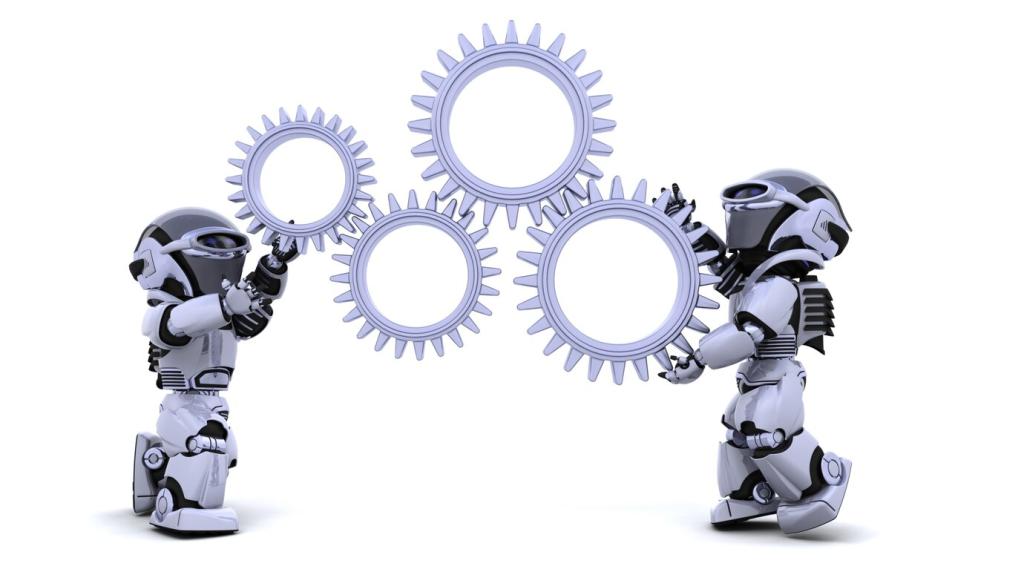The Role of AI in Enhancing Smart Home Systems
Artificial Intelligence (AI) is revolutionizing the way we live by redefining the capabilities of smart home systems. With its ability to learn, adapt, and predict users’ needs, AI is turning traditional homes into intelligent spaces that promote security, efficiency, and comfort. As more consumers adopt these advanced technologies, understanding how AI integrates with and elevates smart homes becomes essential. Explore how AI is shaping automation, security, energy management, and everyday personalization within the modern home environment.
AI-Driven Home Automation
Through continuous data collection, AI systems can analyze household routines to optimize device schedules. For instance, AI can observe when residents typically arrive home and adjust lighting, heating, and other systems accordingly. Over time, these systems become highly attuned to subtle changes in user behavior, ensuring that the environment is always tailored for comfort and efficiency. The learning capability reduces manual intervention, making the home more responsive and intuitive to its occupants’ needs.
AI enables diverse devices from different manufacturers to communicate and coordinate activities smoothly. It manages everything from smart thermostats to entertainment systems, bridging compatibility gaps and simplifying user experience. Through sophisticated algorithms, AI can orchestrate complex scenarios, like simultaneously dimming lights, adjusting temperature, and setting up audiovisual equipment when it senses the household is settling in for movie night. This level of orchestration minimizes friction and creates a cohesive smart home ecosystem.
Another key benefit AI brings is predictive maintenance, identifying potential issues before they lead to failures. By monitoring device performance and detecting irregularities, AI can alert homeowners about appliances that may need servicing or components nearing the end of their life cycle. This proactive approach minimizes downtime, extends the lifespan of equipment, and saves on costly repairs. The user is empowered with timely information, allowing them to address problems before they escalate.

Intelligent Surveillance and Recognition
AI-driven cameras and sensors go beyond simple motion detection, utilizing facial and object recognition to accurately identify both residents and potential intruders. This technology distinguishes between family members, regular visitors, and strangers, reducing false alarms and providing precise notifications. By continuously learning from captured data, these systems adapt to changes in the home environment, ensuring ongoing security that evolves with household dynamics.

Threat Detection and Response Automation
Modern AI security platforms are capable of detecting a wide range of threats, including unusual sounds, broken glass, or unauthorized entry attempts. Upon detection, these systems can automatically contact authorities, lock doors, or activate alarms, providing a swift and efficient response even in the homeowner’s absence. The adaptability of these systems makes them highly reliable, capable of responding in real-time based on the specific context and type of threat detected.
Intelligent Energy Management
Dynamic Consumption Optimization
AI systems continuously monitor patterns of energy usage, weather forecasts, and even utility rate changes. Armed with this information, they can autonomously regulate heating, cooling, and appliance activity to minimize energy waste. Homes become proactive participants in reducing their environmental footprint, automatically shutting off devices in empty rooms or preheating the house when renewable energy is cheapest and most abundant. This responsiveness translates directly into energy savings and comfort.
Renewable Integration and Storage Management
With the increasing adoption of solar panels and battery storage, AI plays an essential role in managing these resources. It allocates energy intelligently, choosing the optimal times to store or draw power based on forecasts and consumption patterns. By predicting demand peaks and aligning consumption with periods of high renewable generation, AI ensures homes maximize their use of green energy, lowering electricity bills and contributing to a sustainable future.
Fault Detection and Cost Saving
AI’s analytical prowess extends to diagnosing inefficiencies or malfunctions within home energy systems. Whether it’s an aging refrigerator consuming excessive power or a malfunctioning thermostat, AI promptly identifies the issue and notifies the homeowner. By addressing these faults quickly, energy waste is minimized, and unnecessary costs are avoided. The result is a highly efficient household where sustainability and economic benefits go hand in hand.
